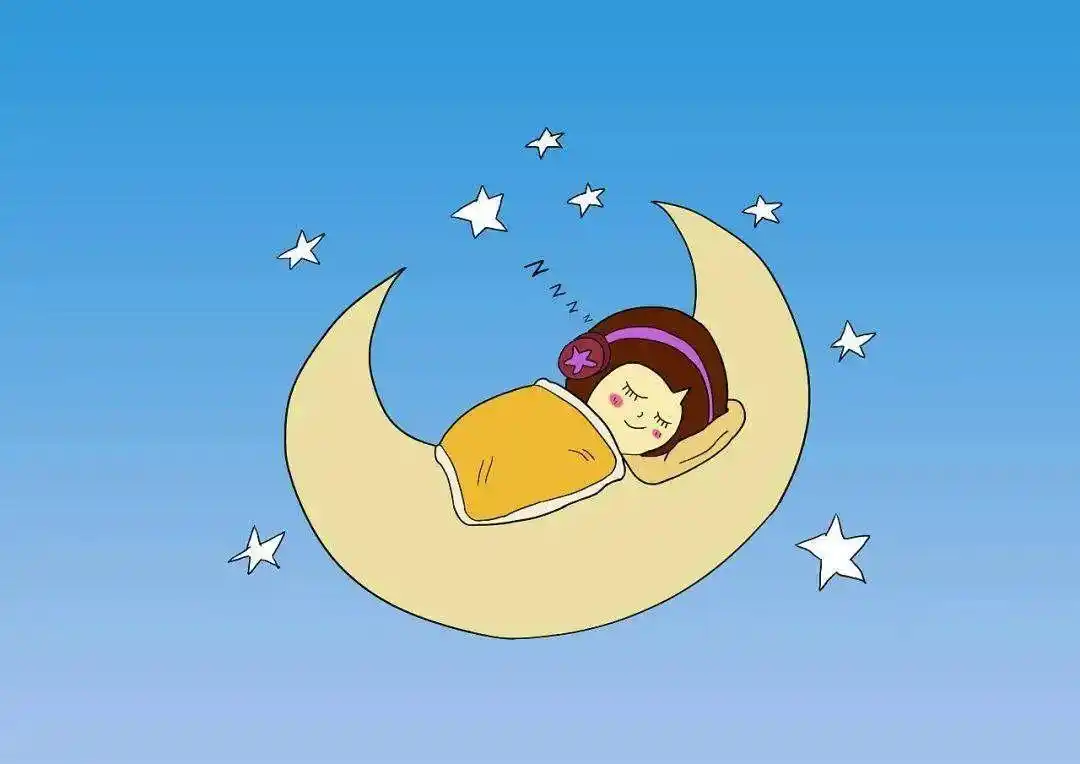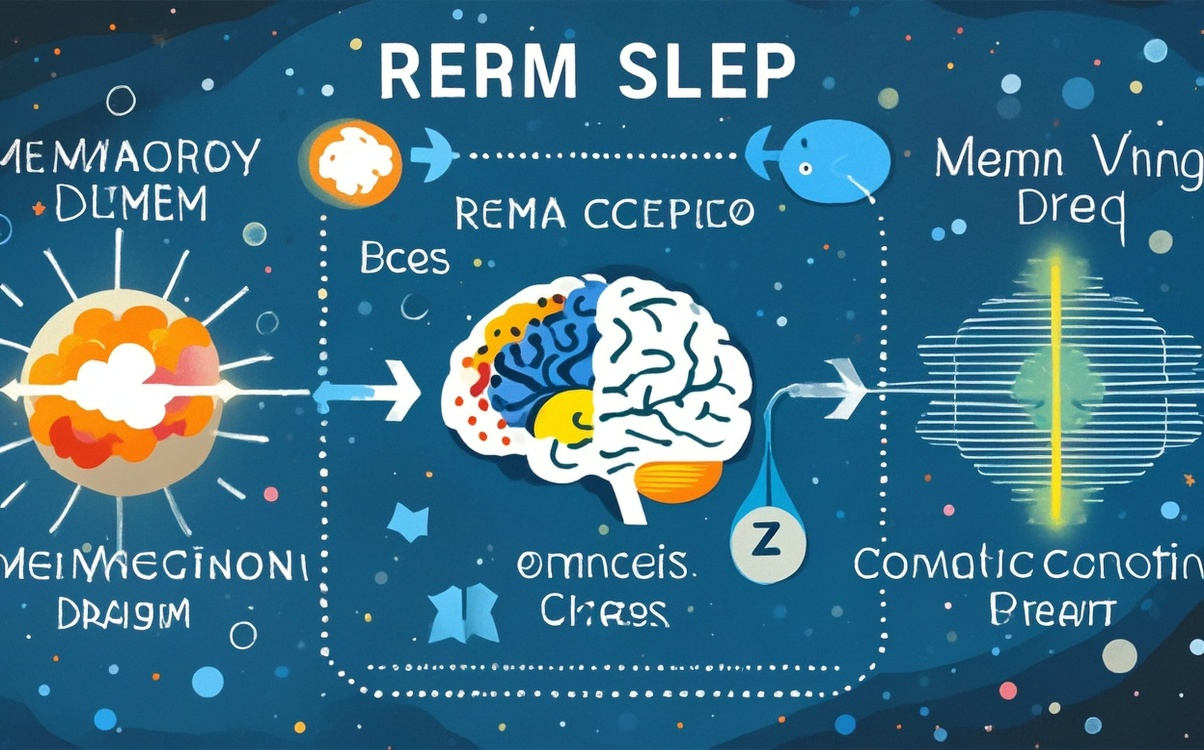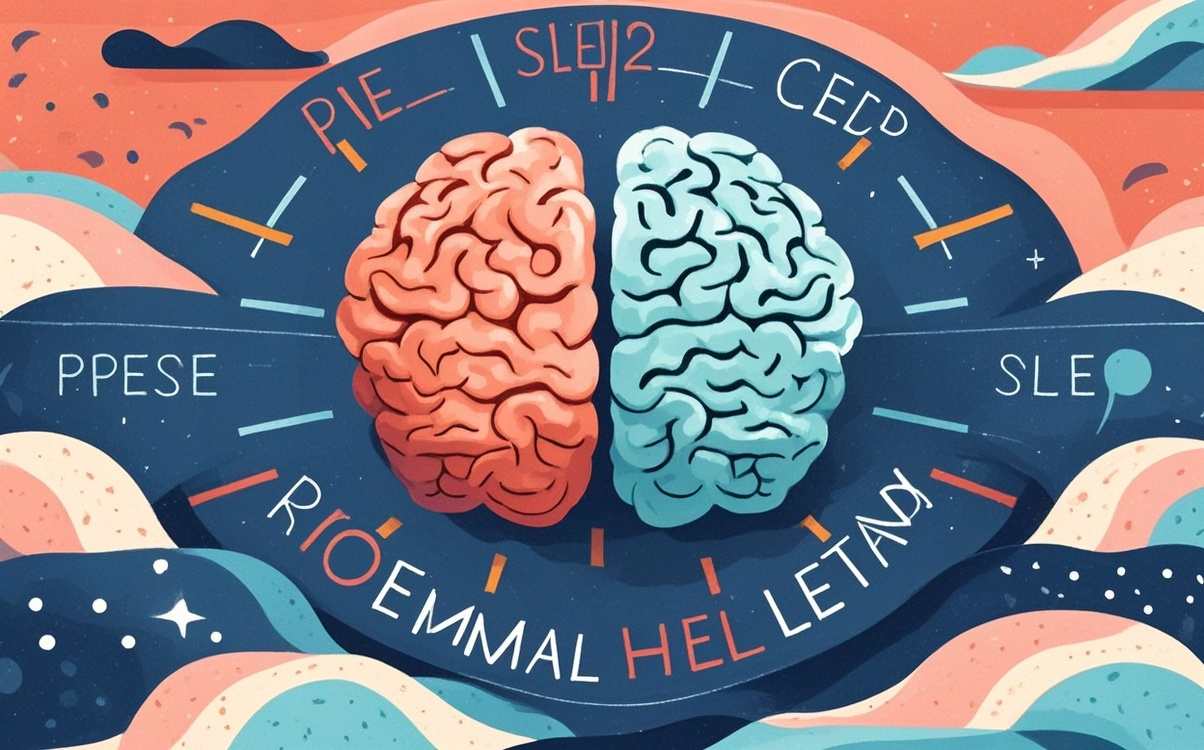Most people have experienced a sudden body jerk while falling asleep. Medically, it’s called a “hypnic jerk” or “sleep start.” It usually happens when the brain temporarily misfires nerve signals during the transition from wakefulness to sleep. Occasional twitching isn’t dangerous and nothing to worry about. But if it happens frequently—especially with heart palpitations, shortness of breath, or sleep disruptions—it’s time to be on alert. It could hint at a health issue.

High Stress Levels
When someone is under long-term stress, anxiety, or pressure from work or school, their nervous system stays highly activated. Even as they drift into sleep, the brain may still send “emergency signals,” causing sudden muscle twitches. Often accompanied by insomnia, vivid dreams, or rapid heartbeat.You can reduce screen time before bed, exercise moderately, and keep a consistent sleep schedule. These can help reduce this type of twitching.
Nutrient Deficiencies
Minerals like calcium, magnesium, and potassium play key roles in nerve transmission and muscle contraction. When the body lacks these nutrients, nerve signals are more likely to fire abnormally, leading to twitches during sleep.Daytime cramps, numbness in hands or feet, or general fatigue.Adjust your diet to include foods like milk, nuts, and dark leafy greens. If needed, take supplements under a doctor’s guidance.
Nervous System Disorders
If twitching during sleep is frequent and intense—even disrupting your rest—it could be related to a neurological condition. Disorders like Parkinson’s disease, epilepsy, or sleep cycle disorders can cause abnormal movements during sleep.Accompanied by tremors, brief loss of consciousness, or extreme daytime sleepiness.You can see a doctor early. Tests like an EEG or other neurological exams can help rule out underlying conditions.
Poor Sleep Quality
Chronic lack of sleep, a noisy environment, staying up late, or overexertion can prevent the brain from transitioning smoothly into deep sleep. This makes hypnic jerks more likely.Waking up easily, trouble falling back asleep, low energy during the day.You can create a quiet, comfortable sleep environment. Stick to a consistent sleep-wake schedule and avoid late nights.
How to Tell Normal vs. Abnormal Twitching
Occasional twitches: If it happens once in a while with no other symptoms, it’s likely normal.
Frequent twitches: If it occurs repeatedly throughout the week and affects sleep quality, be cautious.
Additional symptoms: If accompanied by chest tightness, heart palpitations, dizziness, or limb numbness, it’s best to see a doctor for evaluation.
Tips to Reduce Sleep Twitching
Relax before bed: Try meditation, soaking your feet, or listening to calm music to help your nervous system wind down.
Keep a routine: Go to bed and wake up at the same time every day to stabilize your body clock.
Mind your diet: Cut back on coffee and strong tea, and avoid heavy meals close to bedtime.
Exercise in moderation: Stay active during the day, but avoid intense workouts at night to prevent overstimulation.
That sudden twitch during sleep is usually a normal part of falling asleep—no need to overthink it. But if it happens often or comes with other unusual symptoms, it might be your body sending a warning. With good sleep habits, a balanced diet, and enough relaxation, most people can reduce these twitches. If things don’t improve or get worse, it’s always a good idea to see a doctor. Don’t ignore what your body might be telling you.








